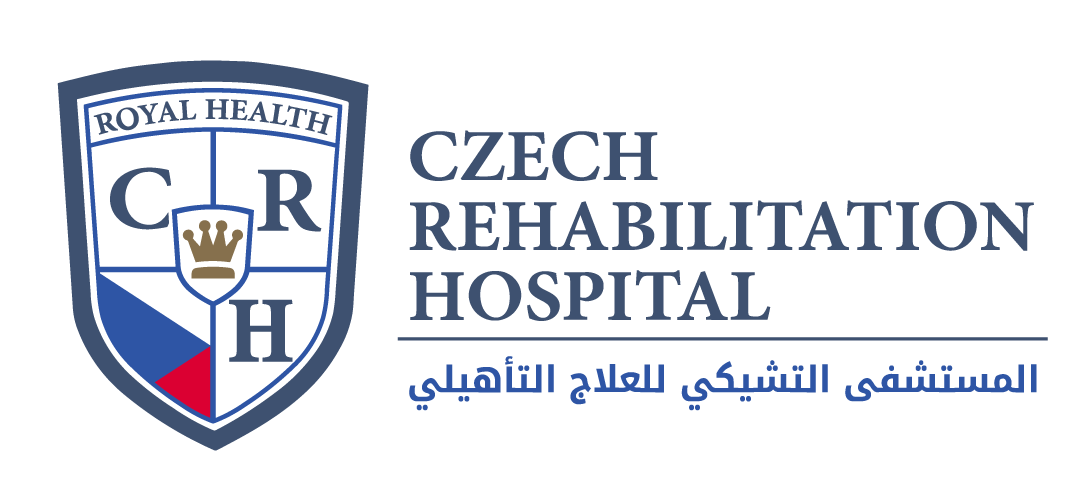Electromyography (EMG) and Nerve Conduction Studies (NCS) are diagnostic procedures to assess the health of muscles and the nerve cells that control them. EMG / NCS results can reveal nerve dysfunction, muscle dysfunction or problems with nerve-to-muscle signal transmission. Sensory nerves transmit impulses from skin to the spinal cord and beyond and can be measured with the help of this equipment during NCS. Motor nerves transmit electrical signals that cause muscles to contract and their activity can also be studied with EMG.
How it’s done
Your doctor may order an EMG / NCS if you have signs or symptoms that may indicate a nerve or muscle disorder.
Such symptoms may include:
- Tingling, Numbness
- Muscle weakness, Muscle pain or cramping
- Certain types of limb pain
- EMG / NCS results are often necessary to help diagnose or rule out a number of conditions such as:
- Muscle disorders, such as muscular dystrophy or polymyositis
- Diseases affecting the connection between the nerve and the muscle, such as myasthenia gravis
- Disorders of nerves outside the spinal cord (peripheral nerves), such as carpal tunnel syndrome or peripheral neuropathies
- Disorders that affect the motor neurons in the brain or spinal cord, such as amyotrophic lateral sclerosis or polio
- Disorders that affect the nerve root, such as a herniated disk in the spine
EEG (electroencephalogram)
An electroencephalogram (EEG) is a noninvasive test that records electrical patterns in your brain. The test is used to help diagnose conditions such as seizures, epilepsy, head injuries, dizziness, headaches, brain tumors and sleeping problems.
How does an EEG work?
The billions of nerve cells in your brain produce very small electrical signals that form patterns called brain waves. During an EEG, small electrodes and wires are attached to your head. The electrodes detect your brain waves and the EEG machine amplifies the signals and records them in a wave pattern on graph paper or a computer screen
Why it’s done?
An EEG can determine changes in brain activity that might be useful in diagnosing brain disorders, especially epilepsy or another seizure disorder. An EEG might also be helpful for diagnosing or treating the following disorders:
- Brain tumor
- Brain damage from head injury
- Brain dysfunction that can have a variety of causes (encephalopathy)
- Inflammation of the brain (encephalitis)
- Stroke
- Sleep disorders



